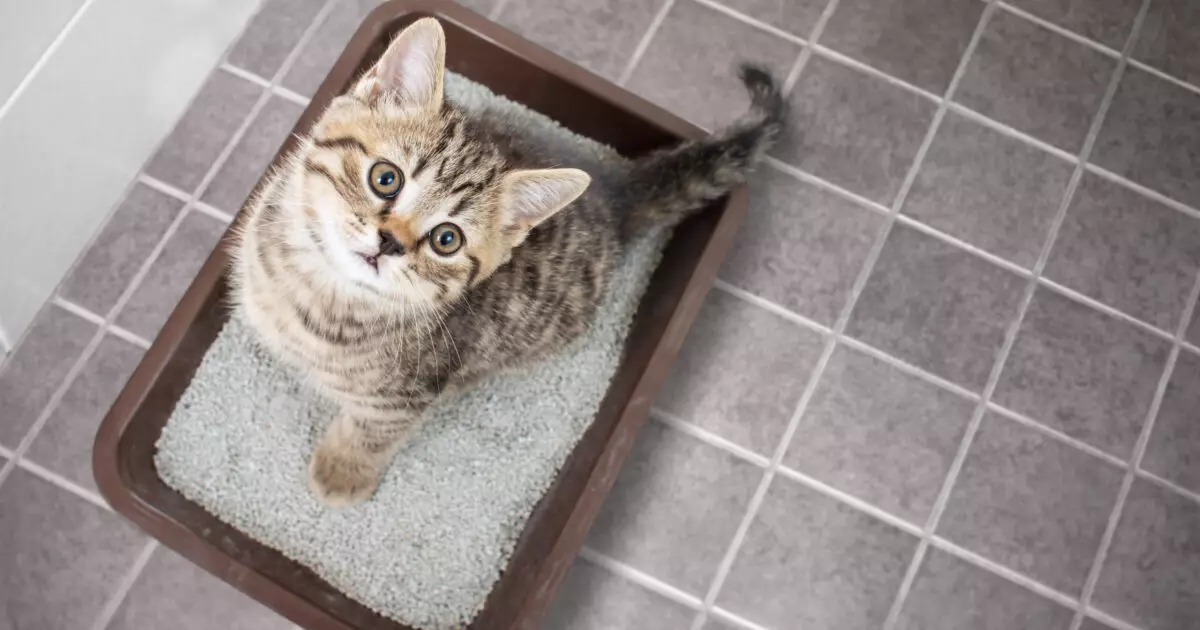As a dedicated cat owner, your feline companion’s health should always be your primary concern. Cats, by their very nature, have a tendency to conceal illnesses, making it challenging for even the most observant pet parent to detect health issues at an early stage. However, understanding the common health problems that cats face and adopting preventive measures can significantly contribute to your cat’s overall well-being. In this comprehensive guide, we will explore vital health concerns for cats, how to recognize early symptoms, and best practices for prevention.
Cats are known for their remarkable ability to mask discomfort, which makes monitoring their health crucial for early intervention. Common health problems among felines often relate to their urinary system, and many of these issues can also parallel conditions experienced by humans. Urinary tract infections (UTIs) typically top the list of concerns, especially among adult female cats. They occur due to bacterial infections that can cause urine pH to rise, leading to crystallization. This condition demands a watchful eye; if left unaddressed, it could lead to a potentially life-threatening urinary blockage.
Symptoms of a UTI may present as frequent trips to the litter box, straining to urinate, or the presence of blood in the urine. Increased thirst or a decreased appetite can also be visible indicators. Besides UTIs, other urinary-related issues include cystitis, an inflammation of the bladder, and bladder stones, which can also lead to blockages and discomfort. Being attentive to changes in your cat’s litter box habits and behavior can make all the difference in identifying these issues promptly.
In addition to urinary issues, metabolic acidosis is another serious condition that cat parents should be aware of. This condition can result from chronic kidney disease and manifests in various ways, including respiratory difficulties, muscle weakness, and abnormal heart rhythms. Understanding these symptoms requires vigilance, as they may not be visibly apparent until the condition escalates. Kidney tubular acidosis raises similar concerns where the body fails to eliminate excess acid, leading to major health risks.
Regular check-ups with the vet help in diagnosing these more insidious ailments early, before they evolve into critical health threats. Your vet can conduct routine blood tests that can reveal any abnormalities in kidney function and other health metrics, enabling proactive treatment options.
While it may seem daunting to navigate the myriad health issues that could affect your cat, taking preventative measures can simplify this task significantly. One of the foundational steps to ensuring your cat’s health is maintaining a clean litter box. Regularly cleaning and replacing litter can mitigate the risk of bacteria proliferation, which can lead to conditions like UTIs.
Selecting the right diet is another key factor. High-quality, protein-rich cat food is essential, while options laden with fillers or low in moisture can lead to dehydration and various health complications. Consider incorporating wet food into your cat’s diet for additional hydration.
Stress is another overlooked aspect of feline health. Cats are sensitive creatures, and managing their environment can significantly reduce stress-related health problems. Ensuring they have sufficient playtime and providing exploration options, like climbing perches and cozy hideaways, contributes to their mental and physical well-being. For households with multiple cats, it’s critical to provide individual resources—such as separate litter boxes and feeding stations—to prevent territorial stress.
An increasingly popular aid for discerning cat health issues involves using specialized products like health-monitoring litter. This innovative solution can help cat owners keep a closer eye on their pet’s health with minimal effort. For instance, certain brands now offer litter that changes color according to the pH level of a cat’s urine, signaling potential health problems before they become severe.
These types of litters can alert you to changes in urinary pH that may indicate a UTI or bladder stones, prompting timely veterinary consultations.
As a devoted cat owner, your proactive approach to your cat’s health can lead to a longer, happier life for your furry friend. While health issues in cats can be subtle and hide in plain sight, staying vigilant about changes in your pet’s behavior and maintaining preventive practices will undoubtedly pay off. Utilize available tools, such as health-monitoring litter, to empower your health management of your cat. Ultimately, your involvement and commitment to their health is the best strategy you can adopt to ensure their life is filled with vitality and joy.

